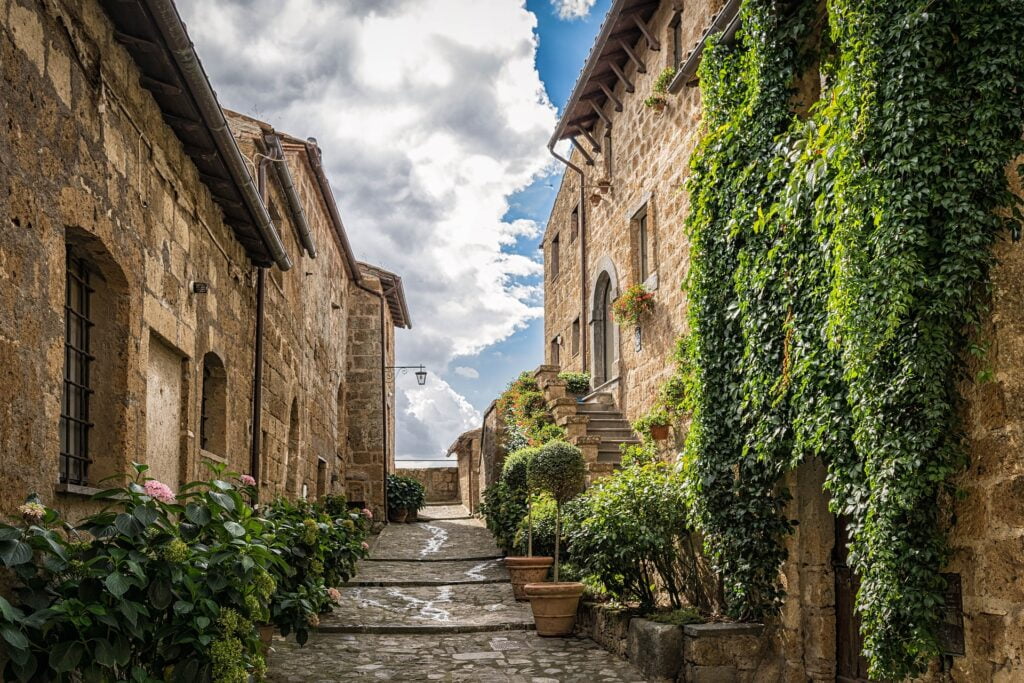
Mediterranean cuisine is a delightful blend of flavors, ingredients, and culinary techniques that have been shaped by thousands of years of trade, conquest, and cultural exchange. The Mediterranean region, which encompasses Southern Europe, North Africa, and the Levant, has been a melting pot of diverse cultures, resulting in a rich and vibrant culinary tradition. In this article, we will explore how the fusion of cultures has contributed to the evolution of Mediterranean cuisine and how these historical influences continue to shape the way we enjoy this delicious food today.
The Influence of Ancient Civilizations
The foundations of Mediterranean cuisine can be traced back to the culinary traditions of ancient civilizations such as the Egyptians, Greeks, and Romans. These early societies contributed to the development of the Mediterranean diet through the cultivation of grains, the domestication of animals, and the introduction of ingredients like olives and grapes. The Greeks and Romans, in particular, played a significant role in the spread of Mediterranean cuisine, with their empires encompassing vast territories and facilitating the exchange of ideas and flavors.
The Spice Trade and the Silk Road
The spice trade, which dates back to antiquity, had a profound impact on the evolution of Mediterranean cuisine. As merchants traversed the Silk Road and other trade routes, they brought with them exotic spices such as cinnamon, cumin, and saffron, which added depth and complexity to the region’s dishes. The exchange of ingredients and culinary techniques between the East and West resulted in the development of new recipes and the refinement of existing ones, giving rise to the flavorful and diverse Mediterranean cuisine we know today.
The Moorish Influence
The Moors, a Muslim people from North Africa, conquered parts of the Iberian Peninsula in the 8th century and ruled the region for several centuries. Their presence had a lasting impact on the culinary landscape of the Mediterranean, particularly in Spain. The Moors introduced new ingredients such as rice, sugar, and almonds, as well as innovative cooking techniques like slow-simmering and marinating. These culinary innovations not only shaped the foundations of Mediterranean cuisine but also influenced the development of Spanish and Portuguese gastronomy.
The Age of Exploration and the Columbian Exchange
The Age of Exploration, which spanned the 15th and 16th centuries, saw European explorers venturing across the globe in search of new lands and resources. This period of exploration resulted in the Columbian Exchange, a transfer of plants, animals, and ideas between the Old and New Worlds. The introduction of tomatoes, potatoes, and peppers from the Americas had a transformative effect on Mediterranean cuisine, adding bold flavors and colors that have since become synonymous with the region’s dishes.
The Ongoing Evolution of Mediterranean Cuisine
The fusion of cultures that has shaped Mediterranean cuisine continues to evolve as new ingredients and techniques are incorporated into the culinary repertoire. Today, Mediterranean cuisine is characterized by its adaptability and the creative use of local and seasonal ingredients, reflecting the diverse and dynamic history of the region. This ongoing evolution ensures that the flavors and traditions of Mediterranean cuisine remain as vibrant and relevant as ever.
Conclusion
Mediterranean cuisine is a testament to the power of cultural exchange and the resilience of the people who call this region home. Its rich history, which spans thousands of years and encompasses numerous civilizations, has given rise to a culinary tradition that is as diverse as it is delicious. By appreciating the fusion of cultures that has shaped Mediterranean cuisine, we can better understand the complex and fascinating history that lies behind every bite.